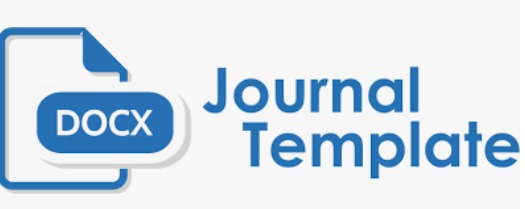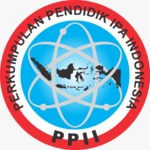Tanggapan Guru dan Peserta Didik terhadap Implementasi Pembelajaran IPA (Fisika) SD dengan Kit Alternatif
DOI:
https://doi.org/10.29408/kpj.v3i2.1728Keywords:
Response, Science learning, Alternative Kit, Teachers and Students,Abstract
Alternative Science kits are made for science learning innovations in elementary schools. This Natural Science Kit is made using materials from the surrounding environment and is very easy to get. This Natural Science Kit can be an option if in a school does not have Kit from the factory (INPRES Kit and SEQIP Kit) so there is no reason for teachers not to teach varied. There are several benefits to be gained by making and implementing this alternative Science Kit in learning in schools, namely: (1) Teaching and learning activities will be more meaningful if they involve all the senses. By seeing, hearing, feeling, observing and experiencing or practicing on their own, students will experience internalization of the concept of learning science in depth, (2) It will be more fun and impressive for students if the tools in this Kit are packaged by the teacher in the form of a game, and a healthy competition atmosphere to move forward together, (3) science experiments designed using this kit are expected to develop and train students' scientific attitudes and discover science concepts such as: the process of volcanic eruptions, the formation of igneous rocks, simple submarines, water flow, simple calorimeters, simple stopan lights, wind power plants, hydrostatic pressure, and others. This Alternative Science Kit also comes with a user manual that contains: Class / Semester, Indicators, Learning Objectives, Suggestions for application in learning, Tools and materials, Procedures, Questions and Explanation. The response of teachers and students towards the implementation of science learning with alternative kits is strongly agree, namely 80.02% and 76,25 %References
Klinger, Walter. 1997. Survey of Teaching Methods in Natural Sciences Erziehungswiss. Fakultat der Universtat: Erlangen-Nurnbe.
Syahrial A. (2001). Studi Penggunaan Kit IPA SD di Kodya Mataram. Mataram : Lembaga Penelitian Universitas Mataram.
Klinger. (1997). Survei Metoda Pengajaran dalam Ilmu Pengetahuan Alam. Jakarta : SEQIP
Semiawan, dkk. (1988). Pendidikan Keterampilan Proses. Jakarta: PT Gramedia.
Irawan, P. (1997). Teori Belajar. Jakarta: PAU-PPAI Universitas Terbuka.
Merriem Webster. (1953). Webster’s Dictionary. Miamy Florida: PSI and Ass Inc.
Winataputra. (1996). Belajar dan Pembelajaran MIPA. Jakarta : Universitas Terbuka
Syahrial A. (2003). Peningkatan Kualitas Proses Belajar Mengajar IPA Melalui Optimalisasi Penggunaan Kit IPA di SLTP Negeri 6 Mataram. Mataram: Lembaga Penelitian Universitas Mataram.
Syahrial A. (2003). Optimalisasi Pembelajaran Fisika di SLTP dengan Menggunakan Model Pembelajaran yang Berorientasi Kepada Siswa (Student Oriented). Mataram: Lembaga Penelitian Universitas Mataram
Syahrial A. (2005). Peningkatan Kualitas Pembelajaran Fisika di SMA Negeri 2 Mataram Melalui Implementasi Kurikulum 2004 dalam Skenario Pembelajaran yang Berorientasi kepada Pendekatan Keterampilan Proses. Mataram: Lembaga Penelitian Universitas Mataram.
Borg.WR & Gall. MD. (1983). Educational Reseach. New York: Longman
Nurkencana, dkk. (1986). Evaluasi Pendidikan. Jakarta: Usaha Offset Print








